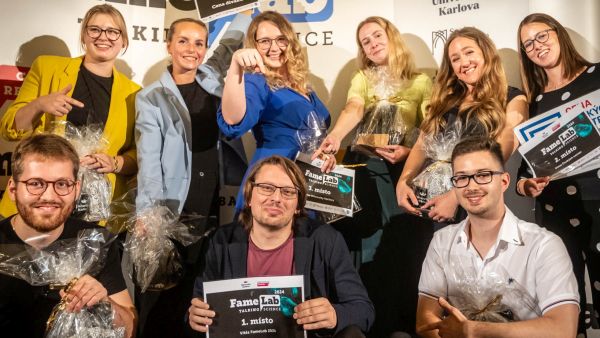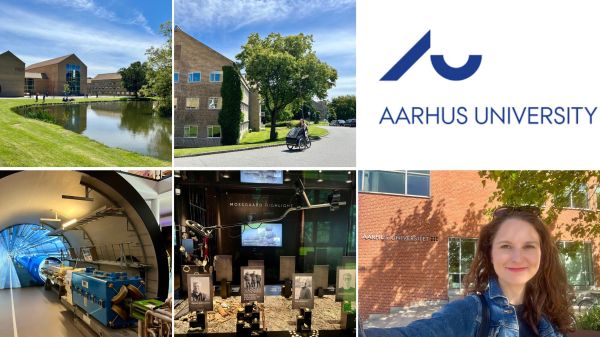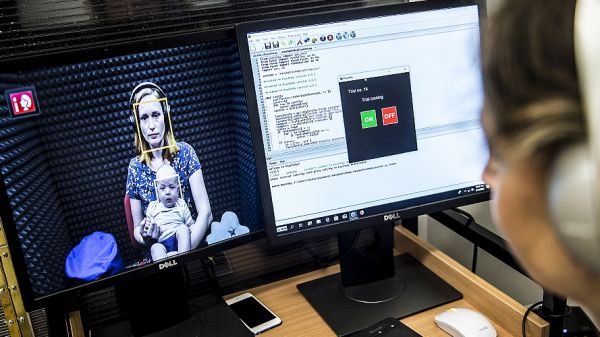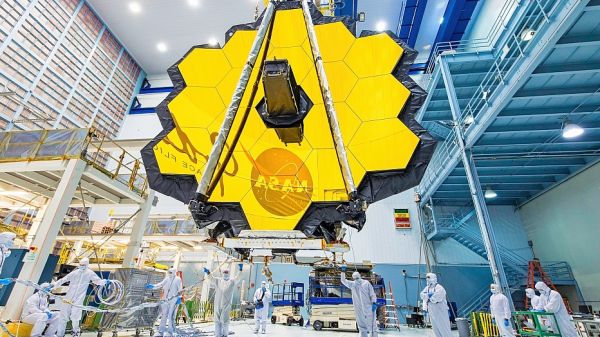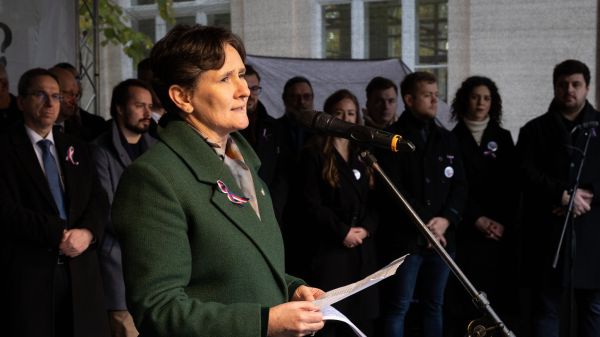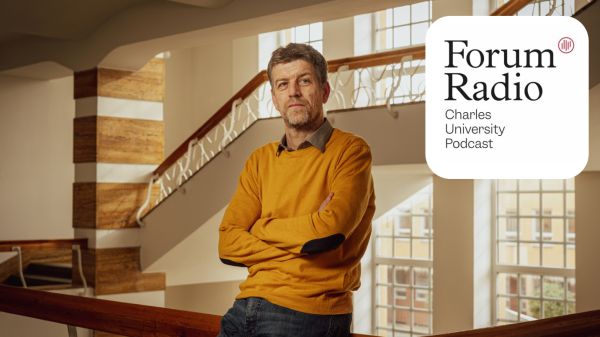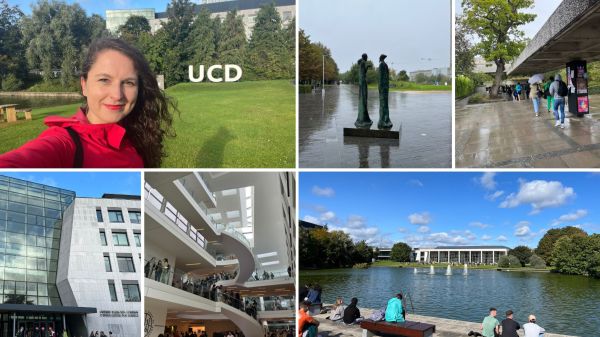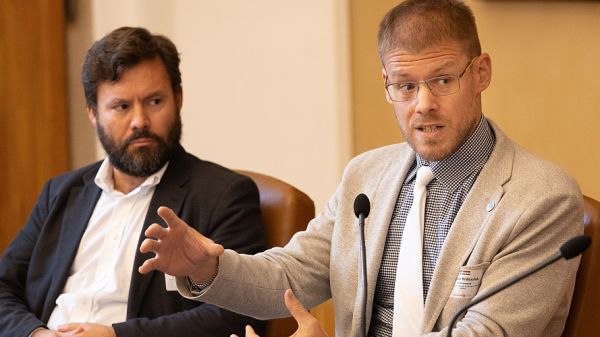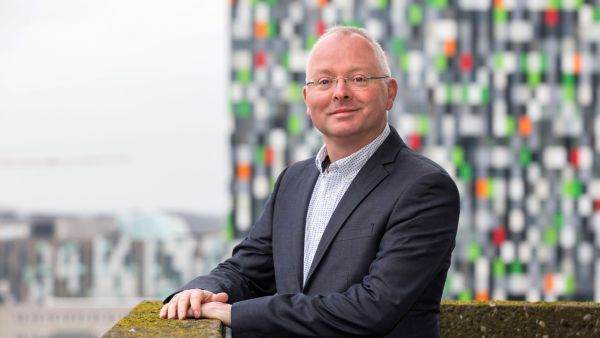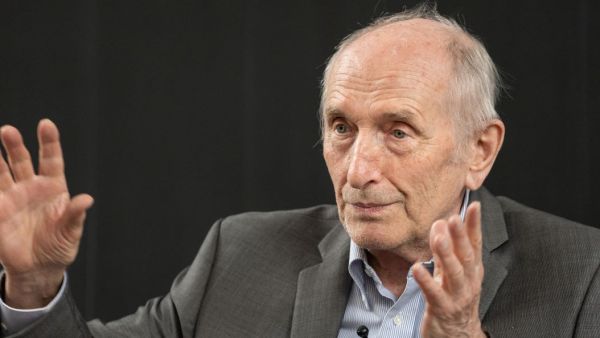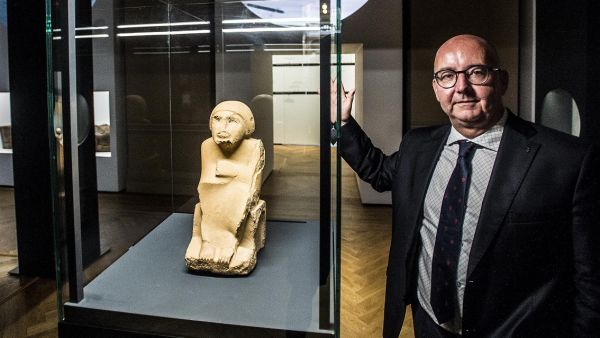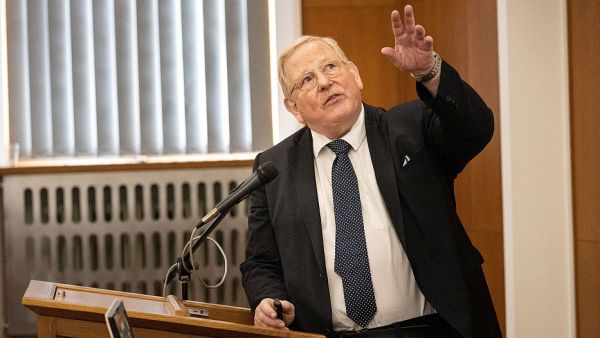Displaying items by tag: science communication
FameLab 2024: The beauty and diversity of science
Nine finalists provided unique insights into the fascinating world of natural sciences—that was the FameLab 2024 final in a nutshell. The culmination of the national competition, held under the patronage of the British Embassy in Prague.
Aarhus University: Emphasis on science & societal impact
Aarhus University is the second largest and second oldest university in Denmark, located in the country's second largest city. The university stands out for its strong international focus.
Ambitious 'resilience' research project gets underway
Charles University recently outlined the scope of a major research project. Beyond security: The role of conflict in building resilience will bring together studies by numerous participants, across disciplines, to examine the impact of crises.
Forum 2023: Hundreds of exciting interviews and stories
Forum magazine last year continued to provide extensive coverage about the goings-on at Charles University – profiling inspiring personalities and interviewing both established and up-and-coming researchers, academics, innovators, and artists.
Oxford's Vice-Chancellor: co-operation helps us all
"Excellence and success breeds more success. The key to success is to attract truly high quality students and staff. It's great to have great facilities, but in the end it's all about people," says Irene Tracey, Vice-Chancellor of Oxford University.
Forum Radio: Even God would find it hard to manage!
In today’s podcast we delve into the complexities of managing a prestigious institution like Charles University. My guest is Aleš Vlk, an expert in higher education policy, science policy a vice-dean at the Faculty of Physical Education and Sport.
In Dublin, they strive for real scientific impact
Having a publication in Nature or talking about your research on TV is not enough! What matters is the real societal impact, they emphasise at University College Dublin. Pavla Hubálková found out how research and science communication is approached there.
Conference at CU sees robust discussion of EU funding & R&D
This Tuesday, Charles University hosted a much-awaited conference organised by Science|Business and the Science|Business Widening initiative. The event was part of a series of debates on how to transform the Widening Programme.
Bridging the world of science and everyday life
“Be a sponge – keep absorbing information from a broad perspective,” says Professor Albert Heck from Utrecht University. Heck is internationally recognised as one of the top pioneers in the use of mass spectrometry for large-scale protein research.
Famous author & science communicator Smil honoured at CU
Václav Smil is a world-famous author, science communicator and graduate of the Faculty of Science of Charles University. This week he made a special appearance at his alma mater and the Czech Geographical Society. Attendees gathered at a crowded auditorium.
Egyptologist Bárta among new members to join AAA&S
Miroslav Bárta from the Czech Institute of Egyptology at CU has received great international recognition, invited this year to join the American Academy of Arts and Sciences. The AAA&S has existed since 1780: George Washington himself was a member.
The Bolzano lecture series, organised by the Learned Society of the Czech Republic and the Faculty of Mathematics and Physics, returned to Charles University this week. The guest lecturer invited to speak this year was German-born astrophysicist Reinhard Genzel, co-recipient of the Nobel Prize in Physics in 2020.


